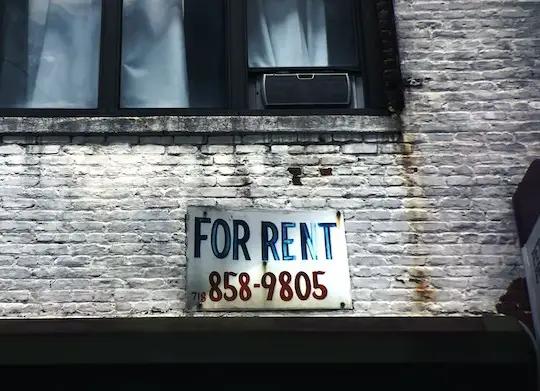Median rents broke through $2,000 per month in June for the first time, and the rise in rents is showing no signs of abating.
By the end of August, 8.5 million people were behind on their rent, according the figures from the Census Bureau, and of that number, 3.8 million say they are somewhat or very likely to be evicted within two months.
Now as inflation is raging, and rental assistance payments and eviction moratoriums are coming to an end, rapidly rising rents are adding to the pressures which may drive millions of renters out of their rentals and onto the streets.
Rents have been rising faster than home prices since 2006, and the shortage of rental units has been increasing since the Great Recession in 2007-2009.
There was a shortage of seven million affordable housing units for low-income renters in the year before the pandemic, according to data from the Center for American Progress. That left just 37 rental homes for every 100 low-income houses looking to rent.
Since the pandemic, rents have increased nearly 25%, including a 15% increase in just the past year, according to data from Zillow.
Partly because of this, evictions have been growing. Data from the Eviction Lab at Princeton University shows that evictions were 52% above the normal average in Tampa, 90% above average in Houston, and 94% above average in Minneapolis/St. Paul.
Half of all renters, over 30 million people, have had their rent increase in the last 12 months, with 19% having paid a monthly increase of $100-$250 and 7% seeing increases of $250-$500 as 4% saw increases of $500 or more.
57% of renters said they have had to use loans, credit cards, savings, or the proceeds from asset sales to make their rents. However 14% said they still were not caught up on their back rents.
While inflation is partly responsible for high rents, high home prices are also contributing, as potential home buyers are finding themselves priced out of buying homes and into the rental market, increasing demand.
As the Federal Reserve increases interest rates, that is making home buying even more expensive, forcing more potential buyers into the rental market, and adding even more pressures to the rental market.
In the last year through August, mortgage applications have dropped 18% to a 22 year low, representing an increasing proportion of potential home buyers who have been forced into the rental market.

